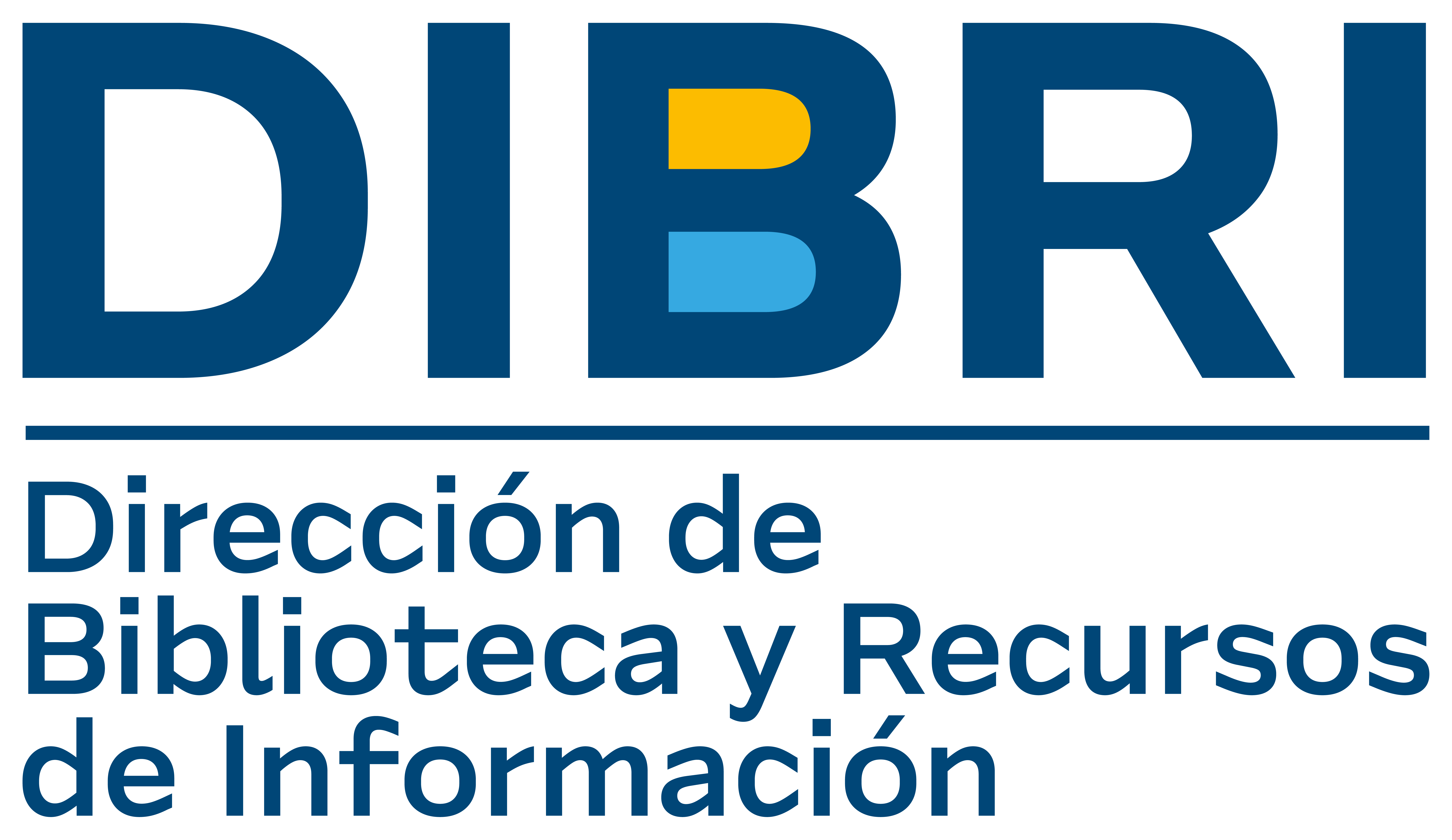Mostrar el registro sencillo del ítem
Teaching pronunciation within the communicative language teaching model : a set of exercises for the distinction of /tʃ/ and /ʃ/ in a group of young chilean spanish speakers
| dc.contributor | Universidad Católica Silva Henríquez. Facultad de Educación. Escuela de Educación en Inglés | |
| dc.contributor | Pávez González, Camila | |
| dc.contributor | Santander Arriola, Víctor | |
| dc.contributor.advisor | Fuentes Delgado, Marcela [prof. guía] | |
| dc.creator | Catalán Soto, Solange | |
| dc.date.accessioned | 2021-10-12T15:06:50Z | |
| dc.date.accessioned | 2022-03-30T13:57:10Z | |
| dc.date.available | 2021-10-12T15:06:50Z | |
| dc.date.available | 2022-03-30T13:57:10Z | |
| dc.date.issued | 2016 | |
| dc.identifier | 121482 | |
| dc.identifier.other | INGL F954t 2016 c.1 | |
| dc.identifier.other | CENTRAL | |
| dc.identifier.uri | http://repositorio.ucsh.cl/xmlui/handle/ucsh/2029 | |
| dc.description | Seminario de título (Profesor de Inglés para Educación Básica y Media) -- Universidad Católica Silva Henríquez, 2016. | |
| dc.description.abstract | English pronunciation can sometimes be a skill a little forgotten or left in the inkwell, because when we start to speak about learning English, we usually think about grammar and structures, about how to talk to another person without being misunderstood. What we do not know is that sometimes we are not understood because of the way of pronouncing the language, especially in countries where there are certain social stigmas with specific sounds. The main motivation of our investigation was the mentioned above, and aboard this issue from their problematic by attacking it communicatively in every way, as practice of the language in a communicative method to develop the personality of the student and to turn this ability attractive to learn it by being exposed to it. The analysis is expected to show that from the communicative method we will be able to improve our goal, in this case to achieve a better pronunciation specifically of two important phonemes: /ʃ/ and /ʧ/. Both sounds are significant in learning to understand the message; these phonemes are used in hundreds of words, which can be a problem in the understanding of the message if they are wrongly articulated. To conclude, our investigation showed the importance of pronunciation in every way. The study demonstrates the effectiveness of the method to teach pronunciation and to identify different sounds. | |
| dc.format.extent | 73 h. : ilustraciones | |
| dc.language.iso | eng | |
| dc.publisher | Santiago, Chile: UCSH | |
| dc.rights | Atribución-NoComercial-SinDerivadas 4.0 Internacional (CC BY-NC-ND 4.0) | |
| dc.rights.uri | https://creativecommons.org/licenses/by-nc-nd/4.0/deed.es | |
| dc.subject | Inglés -- pronunciación | |
| dc.subject | Inglés -- fonética | |
| dc.title | Teaching pronunciation within the communicative language teaching model : a set of exercises for the distinction of /tʃ/ and /ʃ/ in a group of young chilean spanish speakers | |
| dc.type | Seminario de título | |
| dc.file.name | 121482.pdf |



